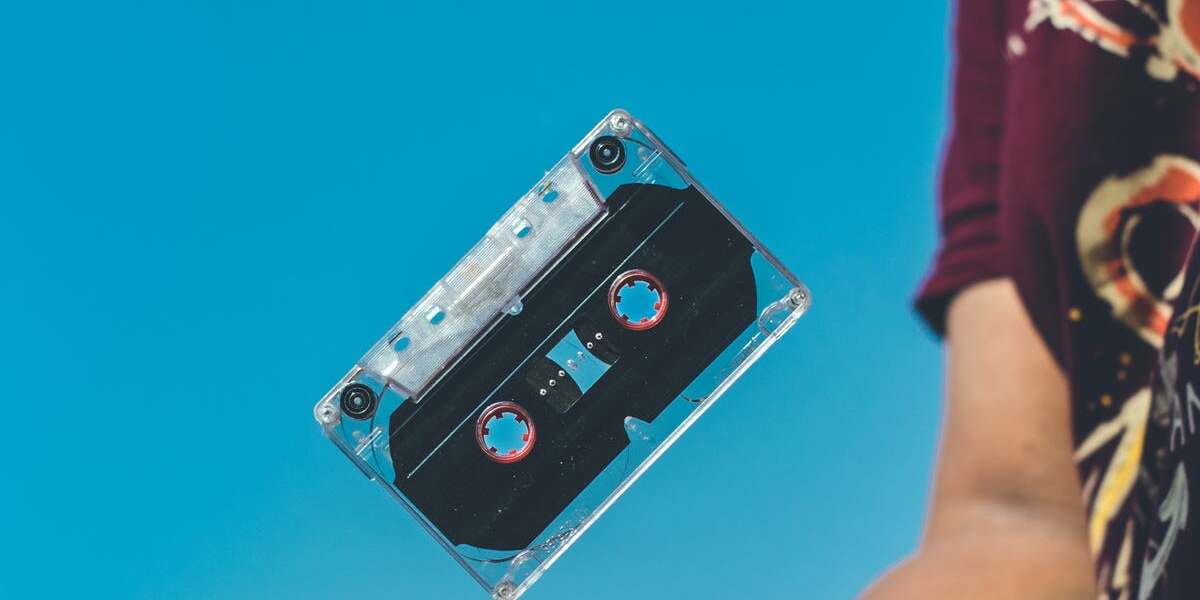Our dive into the complex pipeline that is getting paid as a musician continues with a look at two key players in royalty collection: music publishers and music distributors. In this post we are going to define the responsibilities of publishers and distributors, explain what types of royalties they are tasked with collecting, and go through a few of the most popular services currently available to musicians.
The reason we’ve bundled them together is because, in some cases, music distributors offer publishing as an add-on when you sign up with them. However publishing and distribution are still two very different things, so regardless if they are done through one service, the point is that it is important to make sure you have both in order to a) get your music to the most listeners possible and b) collect all royalties owed to you as the author and performer of a piece of music.
We’ll begin by looking specifically at what music publishers do versus what music distributors do. Remember that any one song exists in two forms—the composition itself and any recording of the composition (often referred to as the master recording) that is being sold or streamed—and each form has its own defined copyright that generates different royalties. Let’s get started!
What Music Publishers Do
A music publisher is concerned with a song’s composition copyright. They look after the rights of songwriters by ensuring that all compositions have been registered with the appropriate agencies and that royalties are being tracked and collected by agencies such as Publishing Rights Organizations like ASCAP or BMI (which we went into in our last blog post.) Basically, they are in charge of making sure your song is only used with permission and that you are compensated for any licensed usage, which can encompass anything from being used in a movie to being performed by a busker in the subway.
There are three main types of music publishing companies: Major publishers which are affiliated with one of the big three record companies (Warner Music Group, Sony BMG, or Universal Music Group); mini-major publishers (e.g. Concord Music Group, which is distributed via UMG) which are independent companies that are distributed via a major label, and independent publishers (Spirit Music Group, Downtown Music Group) that are operated 100% individually. In addition to looking after your royalties, publishing companies also help connect composers with recording artists, license their compositions for use in film and television, and otherwise attempt to make the composition more lucrative for the author. In exchange, will ask for a portion of ownership of the song’s publishing copyright.
Do you absolutely need a music publisher? Not necessarily. If you are the composer of a song, you automatically own the copyright to it and are entitled to all royalties associated with that copyright. But that does not mean you will also automatically receive all those royalties. If you are not tracking the use of your composition, it’s likely that some if not all of your royalties are going uncollected and becoming what are called “black box royalties.” But here’s the good news: you can handle all your own publishing and still keep track of your royalties by hiring what is known as a music publishing administrator.
Unlike a music publishing company, a music publishing administrator functions more like your employee, taking only an upfront fee rather than asking partial ownership of a song’s copyright for compensation. However, their basic responsibility remains the same: tracking and collecting all the royalties generated by your publishing copyright and ensuring they make their way back to you.
Read on for a list of popular publishing administrators and some information about their services and fees.
Popular Music Publishing Administrators
The list of music publishing companies is extremely long, so we’re going to look at four popular services you might consider using, including whether or not they are associated with distribution services:

Songtrust: Anyone who has released music can sign up with Songtrust. They charge a one-time $100 registration fee and pay out 85% of royalties generated, collecting performance and mechanical royalties from over 150 countries. Songtrust is one of the largest music publishing administrators in the world with 3 million copyrights and 350,000 registered songwriters.
Do they offer distribution: No.
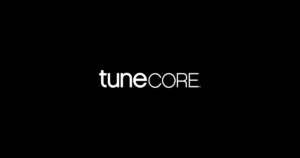
TuneCore Publishing: Like Songtrust, there is no barrier to entry with TuneCore Publishing—anyone can sign up. Their upfront registration fee is $75, after which they retain 10% of royalties generated by your composition. Learn more about what TuneCore Publishing offers artists here.
Do they offer distribution: Yes! TuneCore is also a music distributor, so they are in a unique position of being able to track all the streams and sales of your music across the many platforms where they deliver your music.
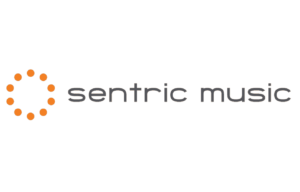
Sentric Music: Based in the U.K., Sentric charges no upfront fee and offers an 80/20 royalty split. You can learn more about what they offer here.
Do they offer distribution: No, but they do manage music publishing administration on behalf of TuneCore.
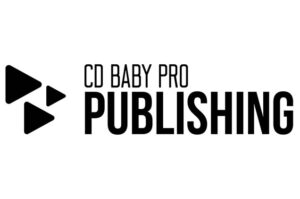
CD Baby Pro Publishing: Primarily known as a distributor, CD Baby has expanded to offer music publishing administration (serviced by Songtrust) to artists who sign up with them. They take 15% of royalty revenue generated on top of the fees they charge for distribution, as discussed in the section below. Learn more about CD Baby Pro Publishing here.
Do they offer distribution: Yes! CD Baby is primarily known as a music distributor.
Now let’s take a look at the inner workings of music distribution.
What Music Distributors Do
As with music publishers, there are different tiers of music distributors. At the very top there are major distributors, who are essentially just the distribution wing of major record labels like Universal Music Group, Sony, and Warner Music Group. There are also some independent distributors who can cut deals with bigger labels while remaining independent actors, such as Redeye Worldwide and IDOL. Distributors such as these make their money by taking a percentage of the royalties generated by the master recording. Then there are open distribution platforms that charge an upfront fee for their services, which we will talk about a little bit below. But first let’s take a look at the responsibilities of Music Distributors.
The first and most important responsibility of music distributors is getting your music into stores. However, the definition of “stores” has changed somewhat in the past two decades. As of 2017, physical music sales make up less than ¼ of revenue generated by recordings, so any distribution service you work with these days is going to be focused primarily on getting your music onto digital service providers (DSPs) like Spotify, Google Play Music, Amazon Music, YouTube, Pandora and Tidal. Distributors will also ensure your music is available on non-music-specific platforms like Instagram and TikTok. They all matter because they all have potential to generate royalties for you.
The second responsibility of music distributors is collecting royalties generated by streams and downloads of master recordings and allocating them to the rights holders. This is slightly more complex than it sounds because there is actually no standardized payout from DSPs—what they pay per stream or download varies from platform to platform. A distribution service will collect the royalties generated from all these platforms and send you one check.
The final responsibility of a reputable music distribution service is their access to editorial and playlist teams on DSPs and elsewhere that can assist in getting your music marketed to the right people. With larger distributors, this is handled largely in-house, while open distributors sometimes offer social media tools and dashboards for artists to use themselves.
So, do you need to work with a distributor? Not necessarily, but it can make life a lot easier for you. While services like Bandcamp and Soundcloud allow you to upload your music directly to their platforms, most DSPs don’t allow this, which means that you will need to work with a distributor to get your music added to places like Spotify and Tidal. The advantage to working with a good distribution service is that your music will be added to all DSPs on the day of release with all the individual metadata (such as album art, credits, lyrics, etc.) requirements met; something that would be a huge headache to do manually as all DSPs have different standards for uploading music to their service.
Fortunately, there are many options for open distribution services accessible to any artist willing to pay their upfront fee, which is what we’re going to look at next.
Popular Music Distribution Services
Here is a short overview of four popular music distributors that are open to anyone who wishes to sign up, what their fees are, and whether or not they offer music publishing services in addition to distribution:
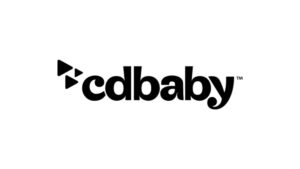
CD BABY: A well-established music distribution company, CD Baby covers both digital and physical distribution. They charge no yearly fee, but rather work with artists on a release by release basis to distribute their music to over 150+ platforms including TikTok and Instagram. Read more about their fees and what they offer here.
Do They Offer Publishing Administration: Yes! If you pay extra for a “Pro” package, they will take care of all music publishing administration for the associated release.
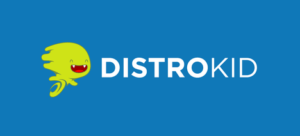
Distrokid: A popular choice for DIY artists, Distrokid offers unlimited uploads for a yearly fee of $19.99 without any further commission e.g. artists keep 100% of their generated earnings. This might be the best choice for someone who plans on releasing a lot of music in a year and wants to ensure that it’s all available on DSPs in a timely manner.
Do They Offer Publishing Administration: No.

TuneCore: Founded in 2005, TuneCore is a well-respected music distribution service that passes along 100% of royalties to artists. You pay for distribution on a release by release basis—and the fees are somewhat higher than with other distribution companies. However, the service is well-known for its excellent customer service and clear and intelligible revenue reports. You can learn more about their fees and services here.
Do They Offer Publishing Administration: Yes! Learn more about their publishing administration services here.
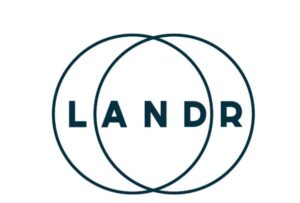
LANDR: Unique among distribution companies for also offering mastering services to artists (you can get an overview of how that works here), LANDR charges $9 to $89 per year for distribution to over 150 DSPs including TikTok, Shazam, and others. Here is a breakdown of their fees and the associated services. One thing to look out for, however, is that LANDR does take a percentage of your royalties with the lower-priced tiers.
Do They Offer Publishing Administration: No.

